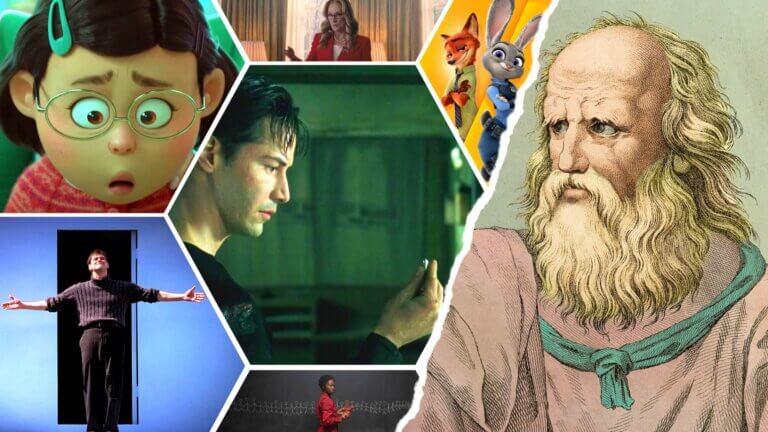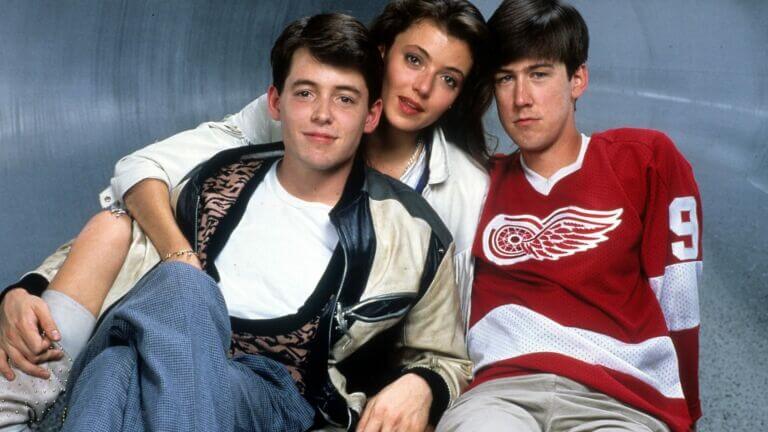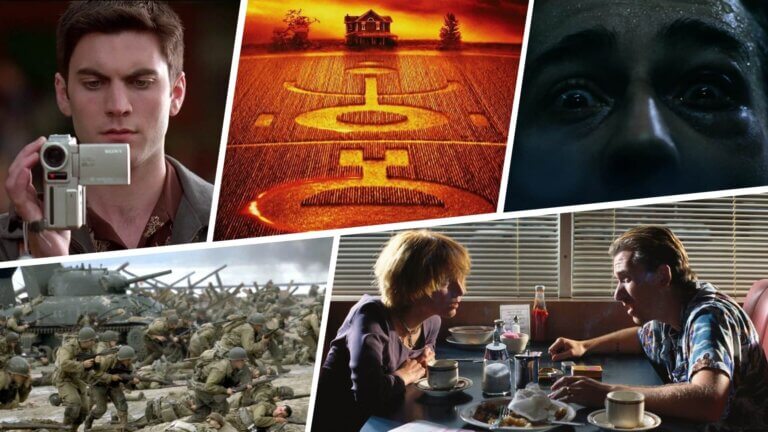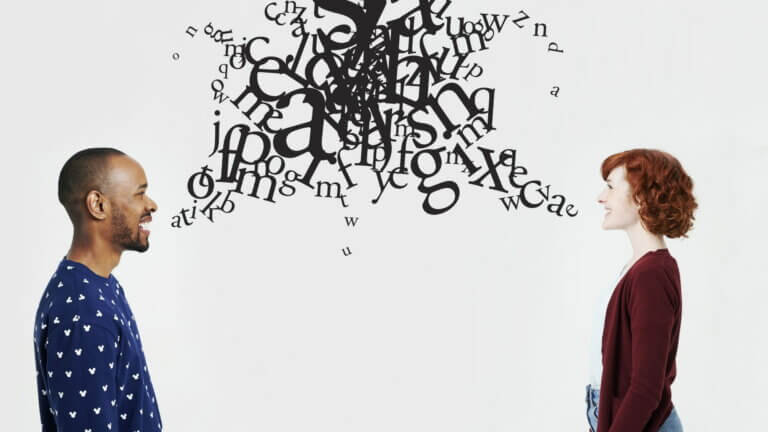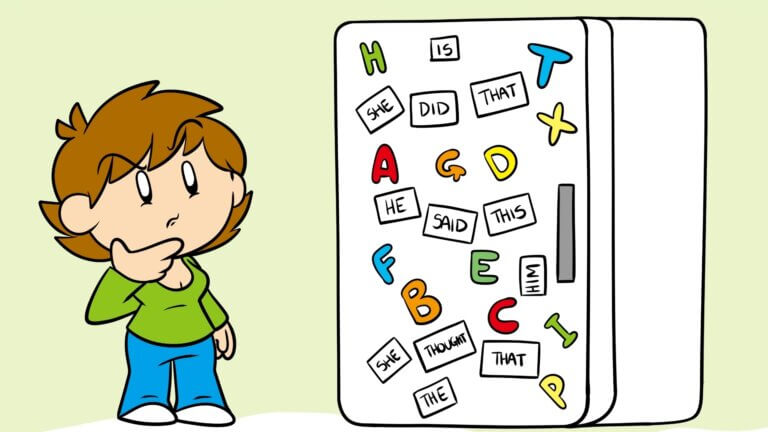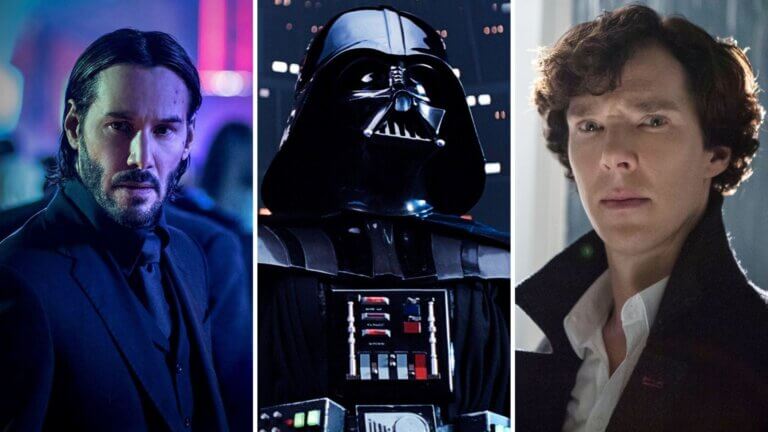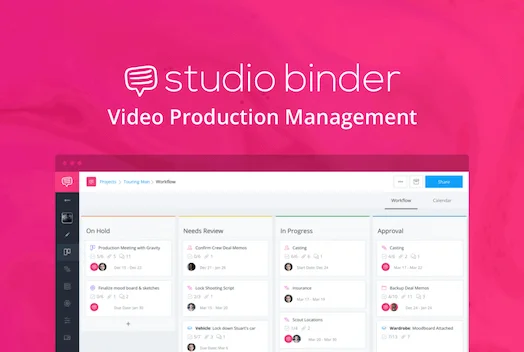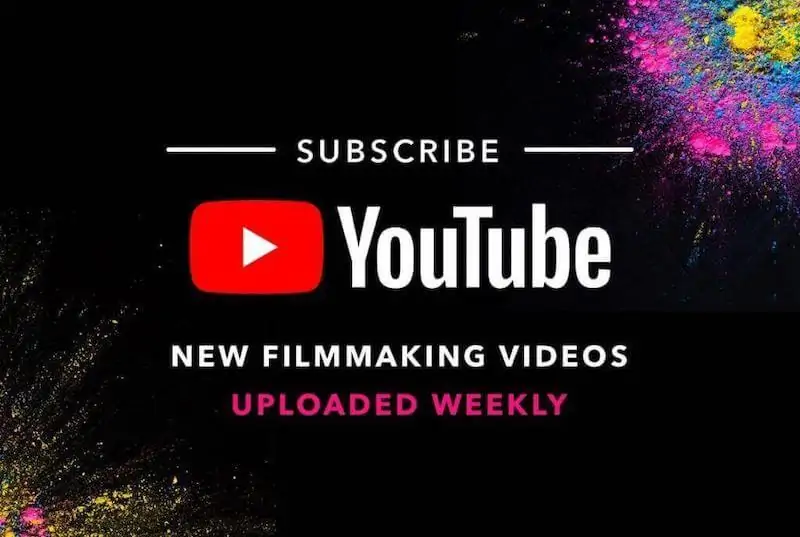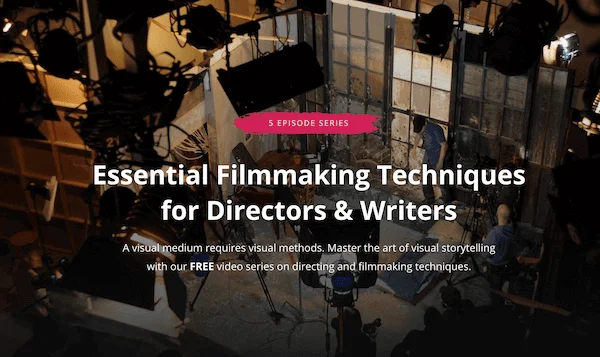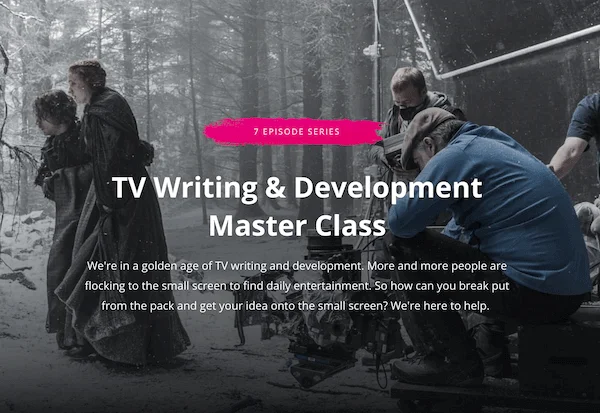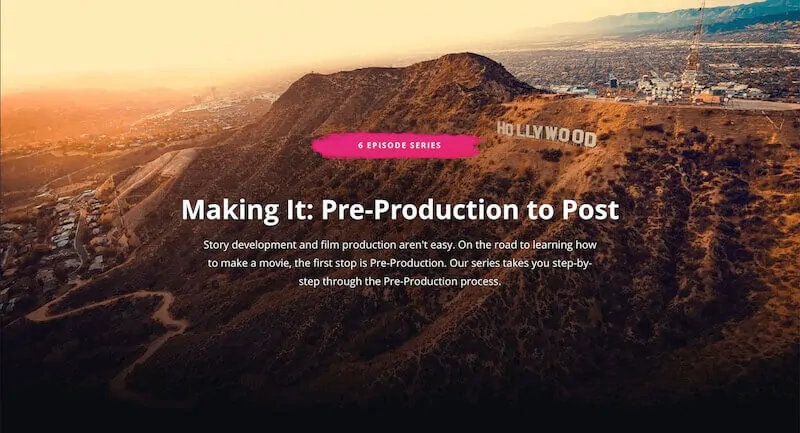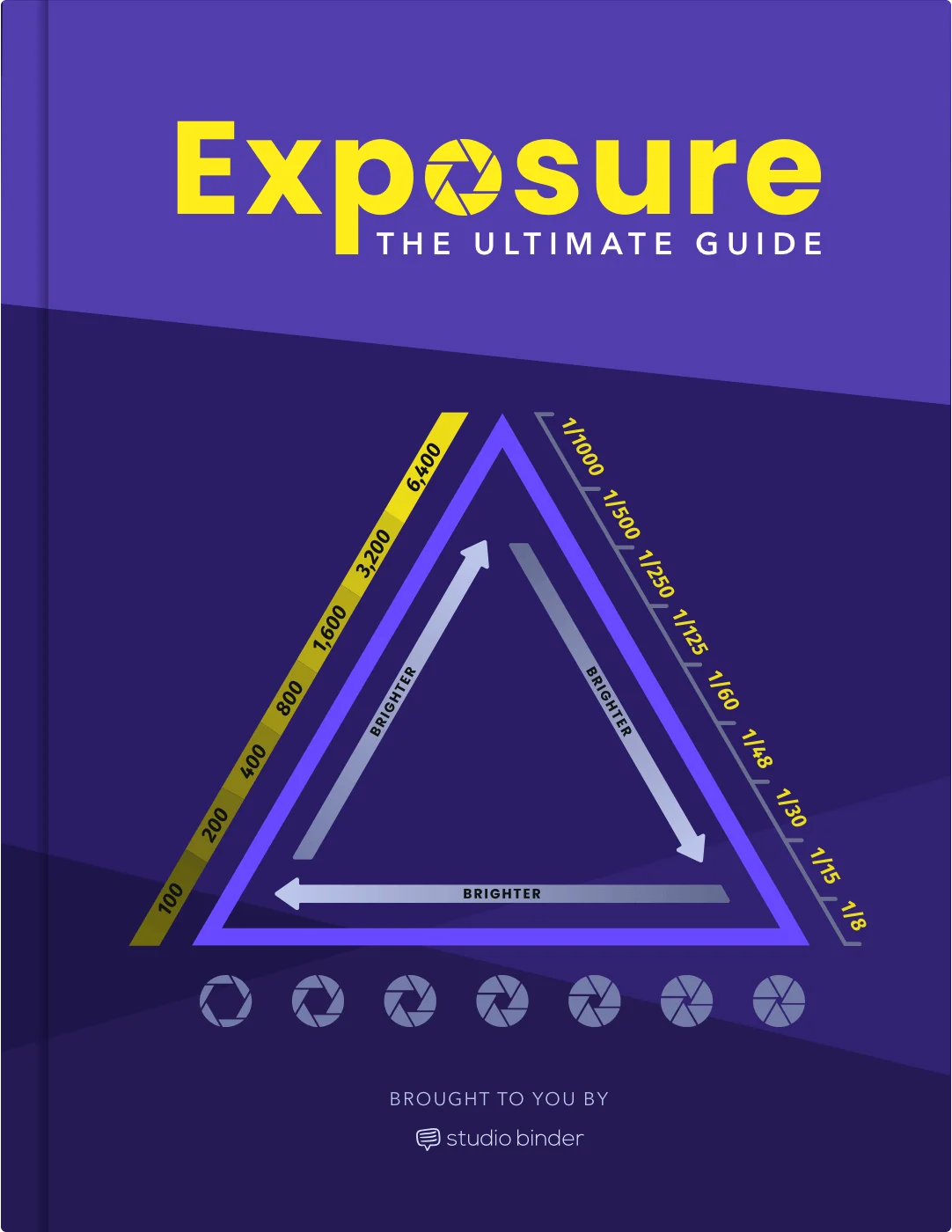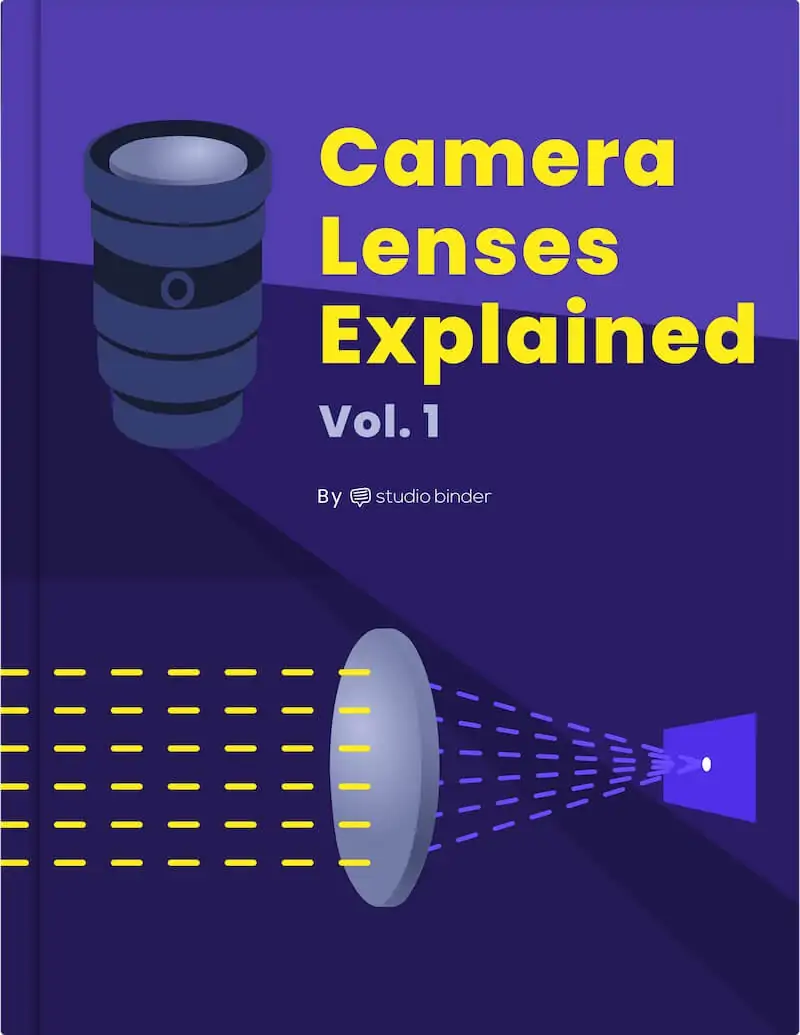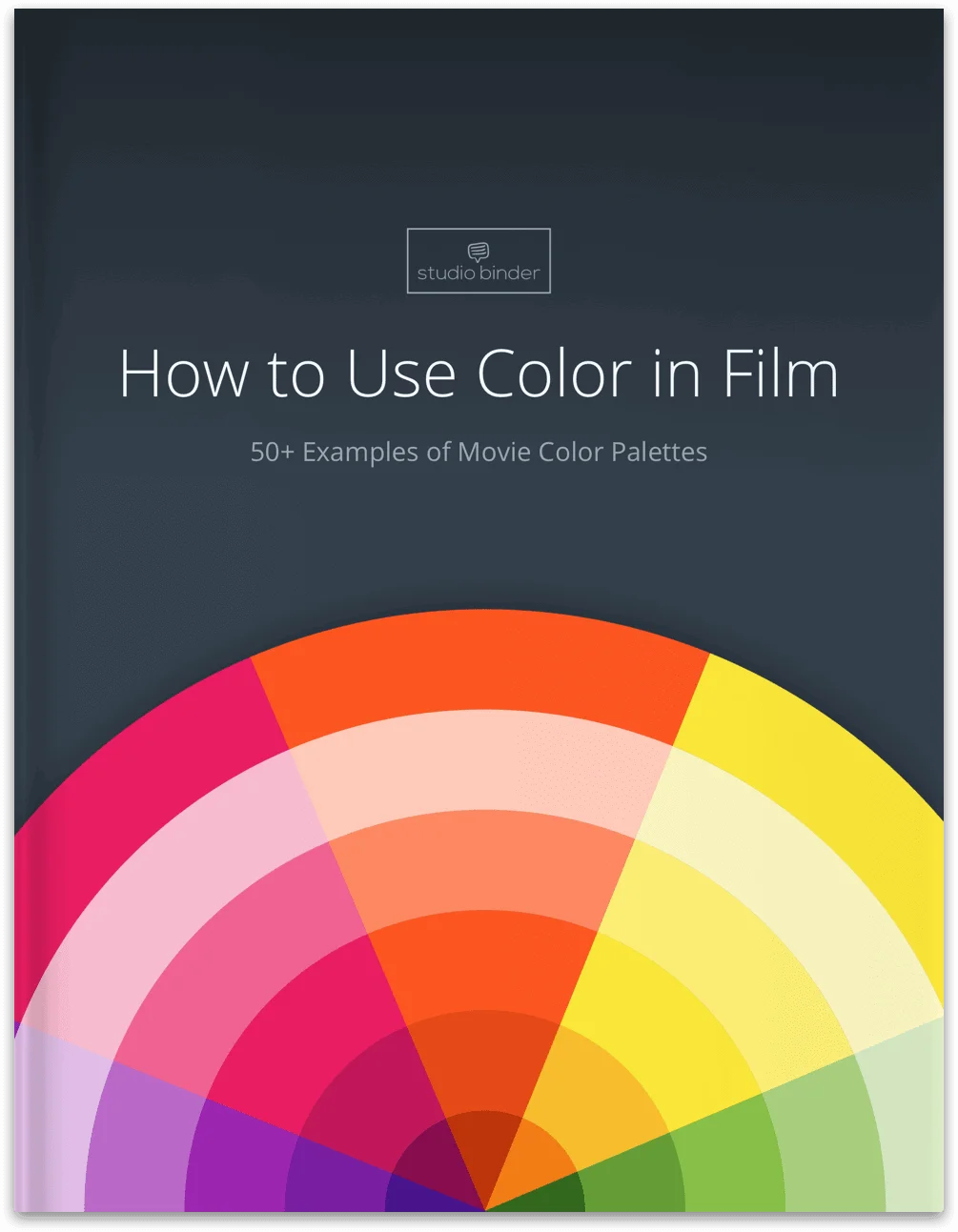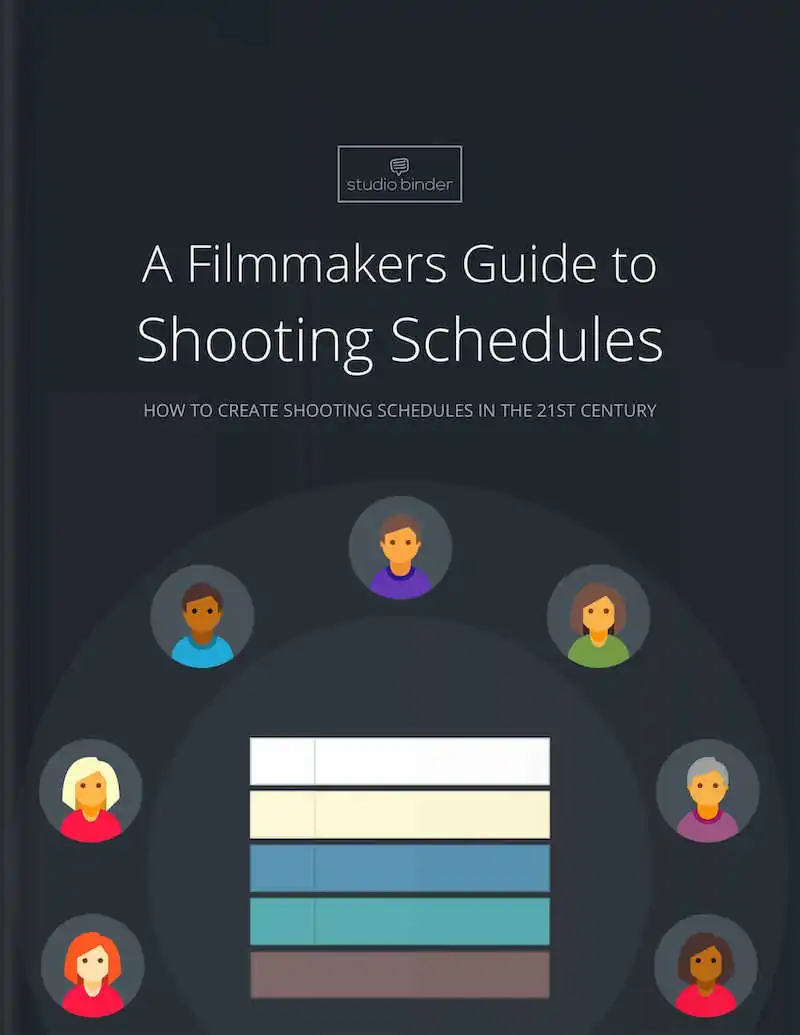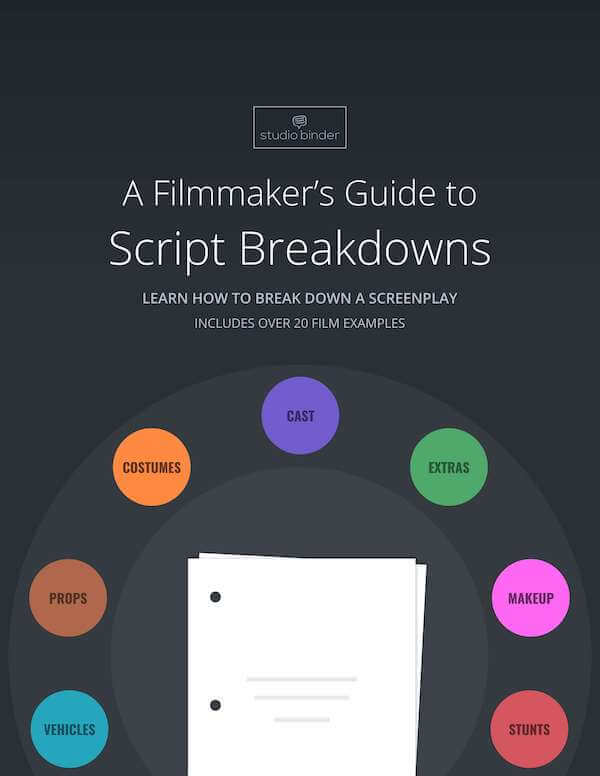What is something each and every story ever told has in common? If you guessed “a setting,” you’d be correct! When your narrative involves characters and motivation, a setting is almost always a given. Sometimes a setting is massive and expansive, while other times it’s small and intimate. So what is a setting, what does… Continue reading Setting Examples — How to Use Time and Place in Film & Lit.
When looking at some of cinema and literature’s most iconic characters, it’s easy to find ones that are non-human. Animals, androids, and other non-human characters, however, have somehow won our hearts over in countless tales. This is largely due to the fact that these non-human characters are given human traits, otherwise known as anthropomorphism. What is… Continue reading What is Anthropomorphism — Definition, Examples & Uses
What is Point of ViewOpen menu First Person Point of View Second Person Point of View Third Person Point of View Third Person Point of ViewOpen menu Third Person Point of View Third Person Omniscient Point of View Third Person Limited Point of View What is third person omniscient point of view? Third person omniscient… Continue reading What is Third Person Omniscient Point of View — Writer’s Guide
Narrative ElementsOpen menu Antagonist Catharsis Motif Plot Protagonist Theme Narrative DevicesOpen menu Deus ex Machina Foreshadowing Irony Personification Plot Twist Red Herring Write Your Script For Free → Peter Piper picked a pickled pepper, put it in his tupper-cupboard and ate it late for supper. Believe it or not, that line is emblematic of consonance… Continue reading What is Consonance — Definition, Examples and Effects
Plato’s “Allegory of the Cave” is one of the most well-known philosophical concepts in history. As such, it only makes sense that numerous filmmakers would try to incorporate this philosophy into their movies. But what exactly is it? And why does it work so well in the context of filmmaking? We’ll look at this concept… Continue reading Plato’s Allegory of the Cave — Summary & Meaning Explained
Litotes may sound like it is a term from another language, but it is in fact one of the most commonly used literary devices in everyday language. Litotes can be found in literature, movies, pop cultural, and casual conversations. So what is litotes in literature? And how exactly do you pronounce it? In this article… Continue reading What is Litotes — Definition and Examples for Writers
As a writer, stream of consciousness may be fun to write but unenjoyable to read. Or for you, the reverse may be true. When talking about screenwriting, stream of consciousness may not be a method frequently used on the page but can be used and benefited from in the pre-writing process or even with visual… Continue reading What is Stream of Consciousness Writing — Methods & Tips
What is denotation? Denotation is something we apply every second of our lives, but we rarely give conscious attention to it. Today, we’re going to explore what denotation is and how we can recognize it in film, literature and everyday life. We’ll also explore what makes denotation different from connotation. By the end, we’ll know… Continue reading What is Denotation — Definition & Examples for Writers
Sibilance is a useful alliterative tool that writers use to evoke reactions in their readers. But what is sibilance and how is it used? We’re going to answer those questions by looking at sibilance examples from film and literature. We’ll also define sibilance by breaking down its characteristics.Continue reading What is Sibilance — Definition &… Continue reading What is Sibilance — Definition & Examples For Writers
Typically, films and television shows utilize dialogue and action to communicate information to an audience. But what if you want a character to speak directly to an audience? One of the best tools to do this is the aside. What is an aside in literature and film? Asides have been used in plays throughout history.… Continue reading What is an Aside — Examples & Literary Device Explained
What is Point of ViewOpen menu First Person Point of View Second Person Point of View Third Person Point of View Third Person Point of ViewOpen menu Third Person Point of View Third Person Omniscient Point of View Third Person Limited Point of View Your eyes scroll horizontally, sentence by sentence, word over word over… Continue reading What is Second Person Point of View — Definition and Examples
Syntax EssentialsOpen menu What is Syntax What is Passive Voice What is Active Voice Active vs. Passive Voice Sentence StructureOpen menu What is Text Structure What is Sentence Structure Simple Sentence Structure Compound Sentence Structure Compound-Complex Sentence Structure Complex Sentence Structure To understand appropriate sentence structure is to understand the grammatical building blocks of the… Continue reading What is Sentence Structure — Examples and Tips for Writers
If you’ve ever heard sentence structure, met characters, or witnessed ideas that seem diametrically opposed, you’re actually pretty familiar with the idea of the antithesis. But there is more to it than just juxtaposing ideas. Read on to learn exactly what is antithesis, how this tool is used, and how you can include an antithesis… Continue reading What is Antithesis — Definition & Examples in Literature & Film
In speeches, in poetry, in literature, you may have come across a grammatical and rhetorical technique known as parallelism. It is famously known for its use of repetition, its use of emphasis, and its use of persuasion. Writers and politicians use parallelism in different ways for different reasons, as do authors and poets. But what… Continue reading What is Parallelism — Definition and Examples for Writers
Types of CharactersOpen menu Protagonist Antagonist Hero Anti Hero Tragic Hero Foil Character Character TropesOpen menu Common Character Types Types of Villains Femme Fatale Mad Scientist Mary Sue Damsel in Distress Write Your Free Script → Characterization is simply “what makes a character a character.” But under the umbrella of characterization, there are two subtypes:… Continue reading What is Direct Characterization — Character Building Tips








